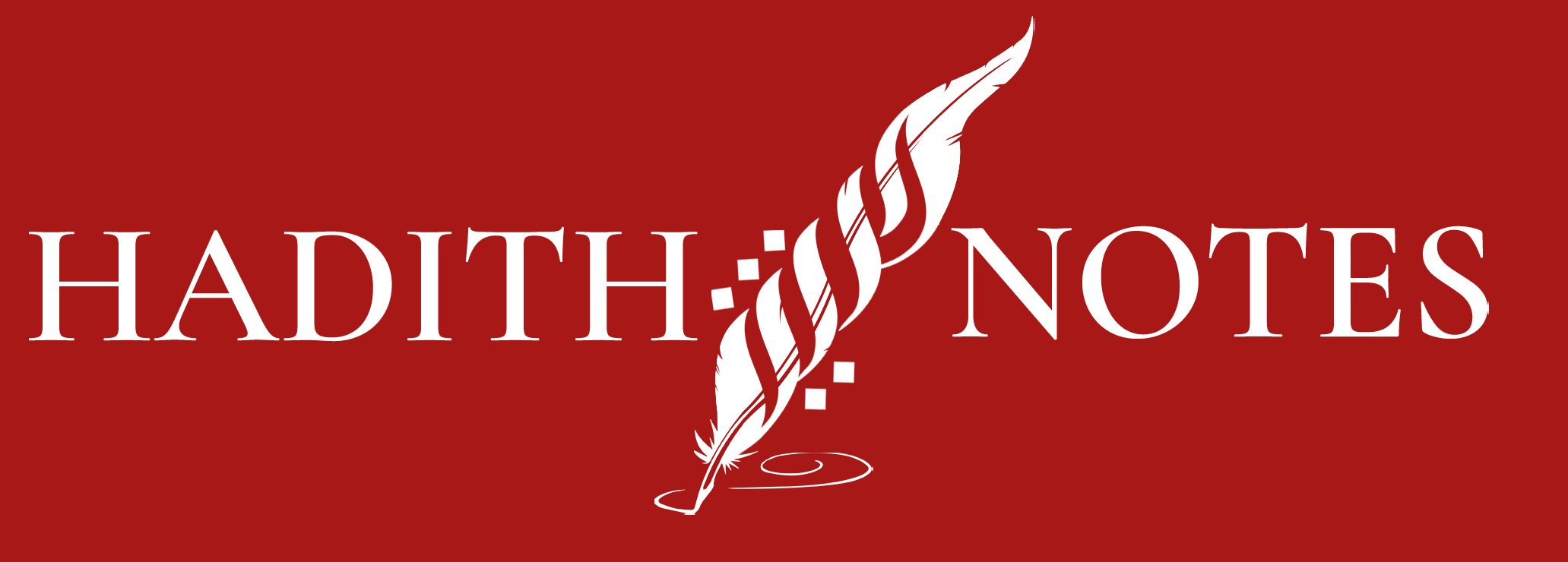Translator’s Preface The following is an excerpt from our abridged translation of the masterpiece, Athar al-Hadīth al-Sharīf fī Ikhtilāf al-A’immah al-Fuqahā’, by the Syrian Hadīth scholar, the teacher of our teachers, Shaykh Muhammad ‘Awwāmah. There were numerous requests for an abridged translation of the work for the benefit of non-Arabic readers, as the original work is...
A Chronological List of Prominent Hanafi Jurists – Arabic
جَدوَل لأسماء أعلام الفقهاء الحنفية ومواليدهم ووفياتهم مع ذكر بعض مؤلفاتهم لا يشك من له أدني إلمام بالعلم أن معرفة مواليد ووفيات الأعلام لها أهمية خاصة للباحث، وهذا لأسباب عديدة. منها أنها تعين الباحث على تعيين المراد باسم علم أو عنوان كتاب، وتحفظه من الأخطاء البينة من هذا القبيل. فإنه قد يتفق أن لكتابين عنوانا واحدا أو لعلمين اسما واحدا – مما يكون سببا للإختلاط على المبتدئ – مع أن الكتابين ألّفا...
A Chronological List of Prominent Hanafi Jurists – English
A Chronological List of Prominent Hanafi Jurists The importance of knowing the dates of birth/death of the scholars cannot be stressed enough. For one, it saves a researcher from obvious blunders and inaccurate referencing. Many a times, several scholars or books share the same name but are from entirely different eras. Thus, when a scholar like Ibn ‘Ābidīn quotes “al-Lubāb,” for example, it is...
A Diamond Among Rocks: Nisāb Al-Ihtisāb (The Manual of Al-Ihtisāb)
A Diamond Among Rocks: Nisāb Al-Ihtisāb (The Manual of Al-Ihtisāb) Among the many contributions of Islām which Muslims have rightfully boasted of through the ages has undoubtedly been its contribution in\ the line of academia. The very first revelation to the Messenger of Allāh (peace and blessings be upon him) bears first hand testimony to this fact. From the intricacies of language to the...
An Analysis of the Hadīth “Whoever Assists a Mu’min in Distress, Allāh Will Grant Him Seventy-Three Rewards…”
An Analysis of the Hadīth “Whoever assists a Mu’min in distress, Allāh will grant him seventy-three rewards, one of which will suffice him in this world and the remaining will be saved for the Hereafter…” In the Name of Allah, the Most Gracious, the Most Merciful Abstract: The Hadīth in reference has been reported on the authority of two Sahābah with slight variations in the wording: Thawbān and...
Is Giving a Lecture Before Jumu’a an Innovation?
Translator’s Preface It has become a norm in our era to label acceptable practices in religion as innovations. Unfortunately, our Masājid have become arenas of disputation and debate; luminaries and high-ranking Islamic scholars are branded as innovators. Many issues that have a legitimate basis in religion are rejected under the pretext that they are innovations not found in the early era of...
Imām Abū Hanīfah and The Statement of Imām al-Bukhārī “Some People Say”: Between Fact and Fiction
Translator’s Preface In recent times, there has been great confusion between two distinct concepts: Ikhtilāf [legitimate disagreement] and Khilāf [illegitimate disagreement]. Many misinformed people, for lack of Suhbah (companionship) of traditional scholars and spiritual guides, read the differences of the Salaf and misinterpreted their Ikhtilāf as Khilāf. Undoubtedly, the Sahābāh (may Allah be...
An Analysis of the Hadith: “Whoever Begins His Meals with Salt Will Be Saved From Seventy Diseases”
An Analysis of the Hadīth: “Whoever Begins His Meals with Salt Will Be Saved From Seventy Diseases” By Muntasir Zaman In the Name of Allāh, the Most Gracious, the Most Merciful. [Summary: This Hadīth has been reported Marfū‘an – from the Messenger of Allāh (peace and blessings be upon him) – on the authority of four Sahābah: ‘Alī, Anas, Sa‘d ibn Mu‘ādh and ‘Ā’ishah (Allāh be pleased with...
The Hadīth “To Ponder for a Moment is Greater Than Sixty Years of Worship”
An Analysis of the Hadīth “To Ponder for a Moment is Greater Than Sixty Years of Worship” By Muntasir Zaman In the Name of Allah, the Most Gracious, the Most Merciful. [Summary: It is from the speech of al-Sarī ibn al-Mughallis al-Saqatī [d. approx. 250 AH][1]. A similar narration is recorded from Hasan al-Basrī, Ibn ‘Abbās and Abū al-Dardā’ (Allah be pleased with them). In any case, this...
Every Rose Has its Thorns: Abū Bakr al-Jassās and the Influence of the Mu‘tazila
Every Rose Has its Thorns: Abū Bakr al-Jassās al-Rāzī and the Influence of the Mu‘tazila By Muntasir Zaman The proverbial statement of Imām Mālik, “The opinion of every person is subject to acceptance and rejection except the occupant of this grave [i.e. the Messenger of Allāh, may peace and blessings be upon him]”[1] is important to bear in mind when appraising Muslim personalities. From its...

